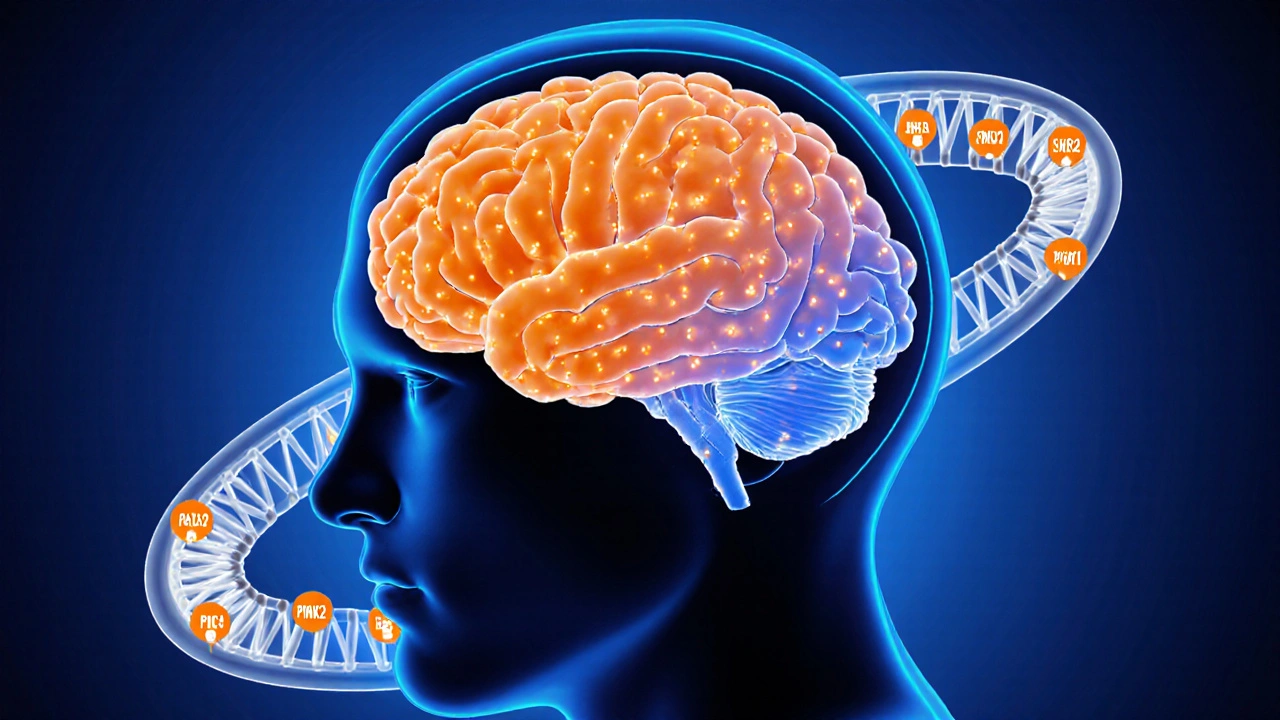Explore how genetics shapes Parkinson's disease risk, the key genes involved, testing guidelines, and what it means for patients and families.
Genetic Testing for Parkinson's: What You Need to Know
When it comes to genetic testing for Parkinson's, a process that looks for specific DNA changes linked to Parkinson’s disease. Also known as Parkinson’s genetic screening, it doesn’t predict if you’ll definitely get the disease—but it can show if your risk is higher than average. Unlike some conditions where a single gene guarantees illness, Parkinson’s is more complex. Most cases happen without a clear family history, but for about 10-15% of people, inherited genes play a real role.
Two of the most studied genes are LRRK2, a gene that, when mutated, increases Parkinson’s risk significantly, especially in certain populations like Ashkenazi Jews and North Africans, and GBA, a gene tied to both Gaucher’s disease and a higher chance of developing Parkinson’s earlier. If you have a close relative with Parkinson’s—especially if they were diagnosed before 50—testing might help clarify your own risk. But it’s not a diagnosis. It’s a piece of a larger puzzle that includes age, environment, and lifestyle.
People often ask if genetic testing changes treatment. Right now, the answer is mostly no—but that’s changing fast. Researchers are already designing drugs that target specific mutations, like LRRK2 inhibitors, and clinical trials are underway. Knowing your genetic profile could one day help you join the right trial or avoid medications that won’t work for your subtype. For families, it can also guide decisions about testing children or planning for future care.
What you won’t find in these tests is a simple yes-or-no answer. Most people with Parkinson’s don’t carry known mutations, and many with mutations never develop symptoms. That’s why testing isn’t routine. But if you’re trying to understand why Parkinson’s runs in your family, or if you’re looking ahead to new therapies, this information isn’t just interesting—it could be useful.
Below, you’ll find real-world guides that break down what these genes mean, how testing works, what results actually tell you, and how this science is starting to change how Parkinson’s is treated—not just studied.

